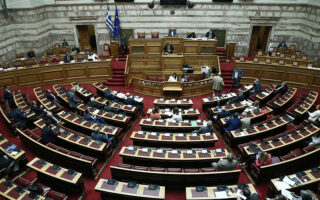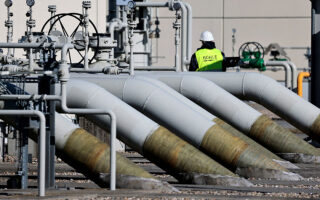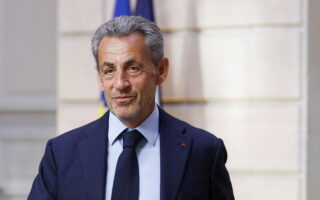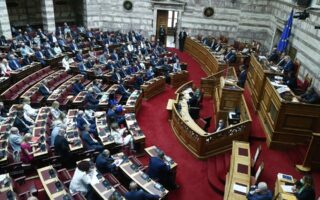Energy crisis is top priority for PM
Mitsotakis seeks to enhance his image as competent manager ahead of next year’s elections
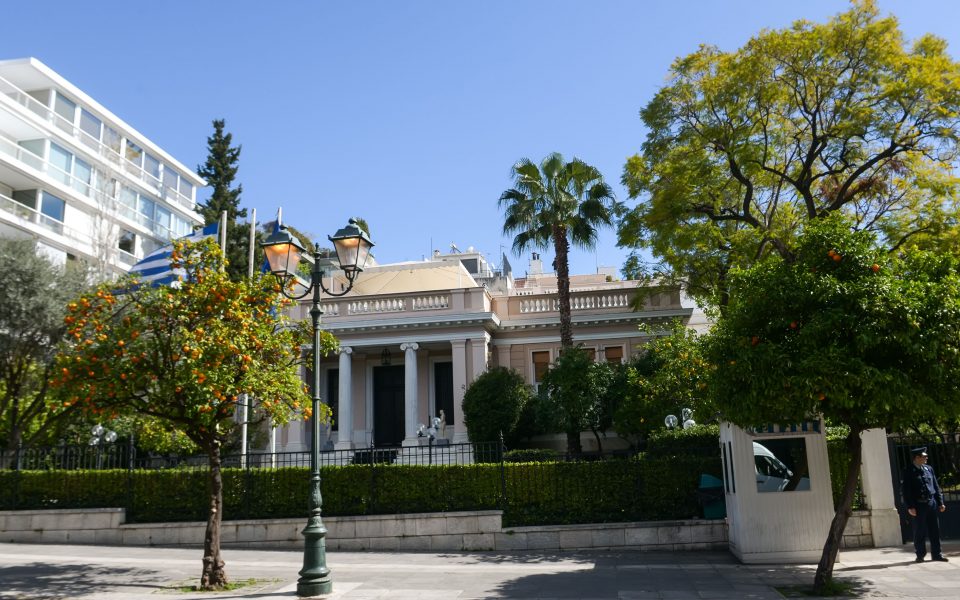
Prime Minister Kyriakos Mitsotakis and his closest advisers have decided that mitigating the effects of the energy crisis should be their top priority.
Doing so, they believe, not only will provide relief to many people but will further advance the prime minister’s image as more competent in managing crises ahead of next spring’s election.
Kathimerini understands that the government’s worst-case scenario is a further 30-40 percent rise in international natural gas prices. This will cause electricity price support costs to balloon to 2 billion euros for the second half of the year from a previous estimate of 850 million.
Mitsotakis is determined to keep his promise of subsidizing electricity costs for households and businesses for at least a year. He is helped in this by higher than expected revenues, still relatively modest borrowing costs and significant cash reserves.
He has also decided to take the initiative in the European Union to demand the decoupling of electricity prices from the price of natural gas. To this effect, he is to send a letter to the European Commission asking for the proposal to be put on the EU agenda.
The prime minister is seeking to boost his image as a competent manager because he does not plan to follow main opposition SYRIZA in what he sees as toxic demagoguery, even about things that do not concern the government, such as the case of actor and director Dimitris Lignadis, who was sentenced to 12 years for the rapes of two minors but was released pending appeal. There is evidence, however, that the opposition’s attacks on this, but also on policy matters such as education reform, are finding traction in a part of the electorate that tends to vote against “the system.”
Recent polls show that more voters consider Mitsotakis able to manage the economy (36% to 27%) and the energy crisis (34% to 27%) than opposition leader Alexis Tsipras, although these numbers are not overwhelming. Mitsotakis does slightly better on foreign policy and defense issues, with 40% of voters trusting him to manage them versus 24% who prefer Tsipras.
But polls also show voters preferring a one-party government to a coalition one, and Mitsotakis thinks he can turn this to his advantage in the second successive election that is almost certain to come.

